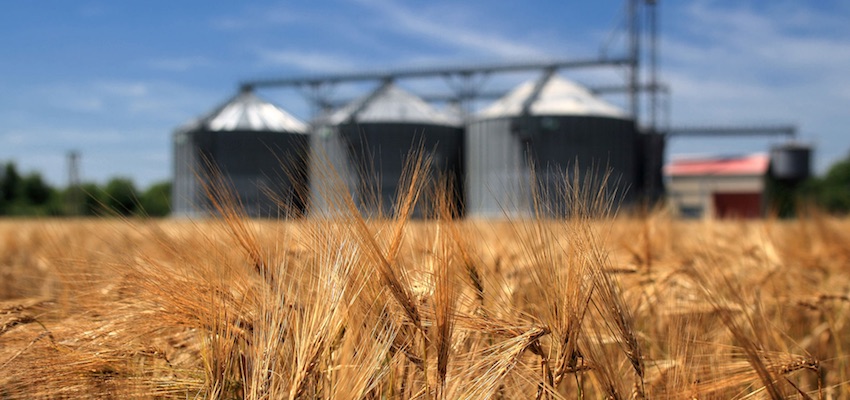THE Australian government is working with industry on a project to identify Non-Tariff Measures affecting grain trade in the Asia Pacific Economic Cooperation region.
As part of this work, a workshop was held in Beijing, China on 31 October and 1 November 2019. It focused on identifying and agreeing potential approaches to address high priority NTMs, which will be carried forward in specific APEC projects in future years, with clearly defined objectives and outcomes.
The grains industry has been impacted by an increase of NTMs while tariffs have reduced through the expansion of Free Trade Agreements. NTMs describe regulatory tools and policy measures, other than customs tariffs, that have the potential to affect the international trade in goods.
CEO of Grain Trade Australia, Pat O’Shannassy said, “In most cases, NTMs are legitimate technical requirements used to protect consumers and the environment, but when they are unjustified, or not in-line with international standards and/or act to protect domestic industries, they can act as barriers to trade”.
The Australian Department of Agriculture Water and Environment, working with GTA, has developed a project to identify NTMs affecting grain trade in the Asia Pacific Economic Cooperation region, for both importing and exporting economies.
The first assistant secretary of the DAWE Biosecurity Plant Division, Dr Marion Healy said, “Bringing government and industry together to discuss differences in regulatory approaches in the APEC region, with the intent of ensuring a more consistent approach to NTMs, provides the opportunity to create sustained long-term benefits for all economies involved in grain trade”.
“Benefits could include reduced costs, faster border clearance, greater confidence in food safety systems, building capacity and technical support for developing economies, and greater integration and facilitation of trade in the APEC region,” Dr Healy said.
GTA, with support from DAWE, undertook a consultation process in late 2018 with industry to help shape the project. This was followed by a survey that DAWE undertook with governments and industry across all APEC economies.
The survey captured the views of import and export economies and industries to identify the key issues that currently impact trade of grain products.
Mr O’Shannassy said, “The survey identified key issues such as differing or missing Maximum Residue Limits, standards of foreign materials, weed seeds and pests with differing and low tolerance levels, and a lack of standardised guidelines and systems for sampling.
“An emerging issue for many economies is the management of biotechnology products, in particular the registration process and management of Low-Level Presence for genetically modified products.”
Additionally, the use of electronic certification was seen as an opportunity to streamline trade flows and facilitate faster border clearance processes.
The results of the survey were taken forward for discussion at the workshop held in Beijing.
“The workshop was highly successful in bringing together government from importing and exporting economies and industry to discuss the biggest NTMs impacting grain trade in the APEC region,” Dr Healy said.
“This was the first time that DAWE have hosted a workshop like this and was a great initiative for the Australian grains industry.”
Mr O’Shannassy said, “The workshop identified the need for science and risk-based decision making as a priority and focused on the development of interim approaches/measures that could be implemented to enable trade facilitation where there are regulatory inconsistencies”.
“The issues of resources and capacity building were also highlighted, along with the importance of documentation, particularly moving to electronic documentation,” he said.
A key outcome from the workshop was to establish an Electronic Working Group to carry forward work on case studies that detail the impact of certain NTMs in the global value chain of three grains products between now and the next workshop. GTA is a member of the EWG.
The next workshop is expected to be held around mid-May 2020.

